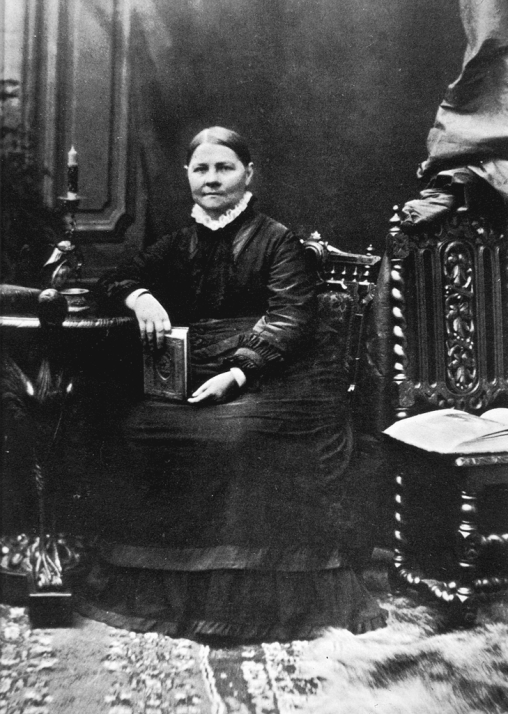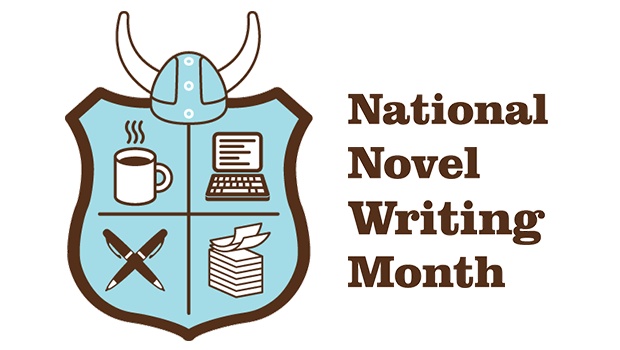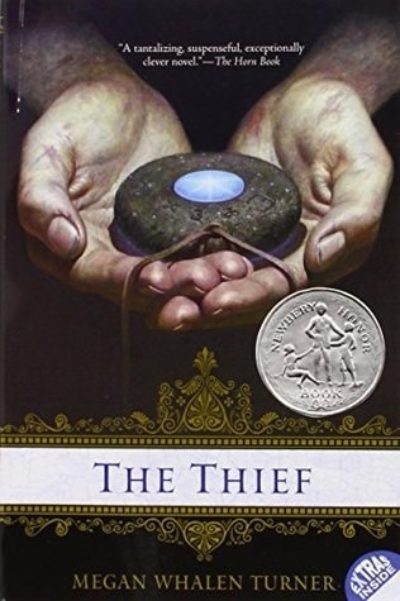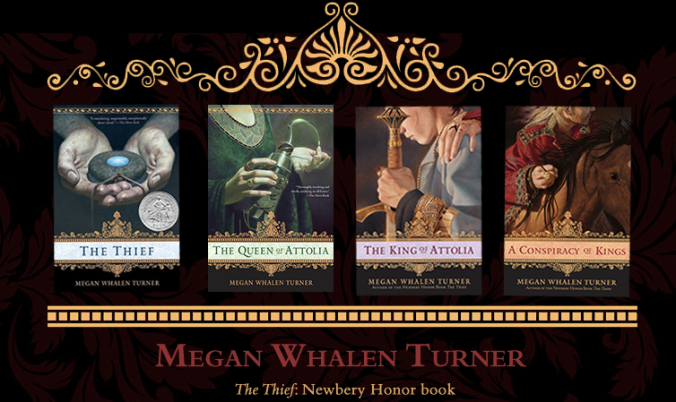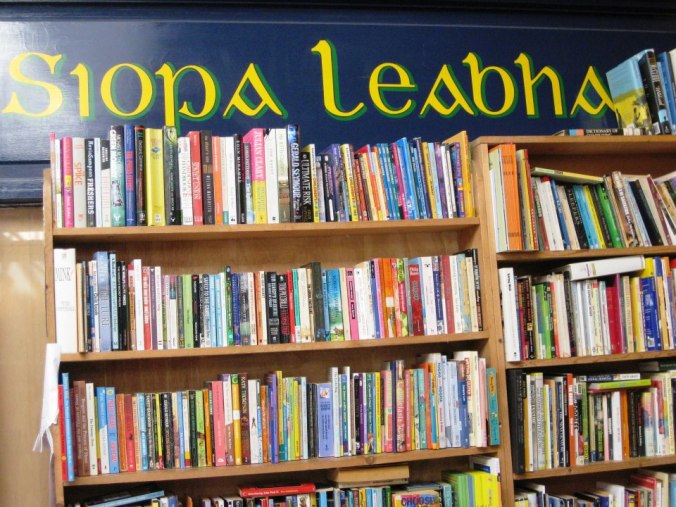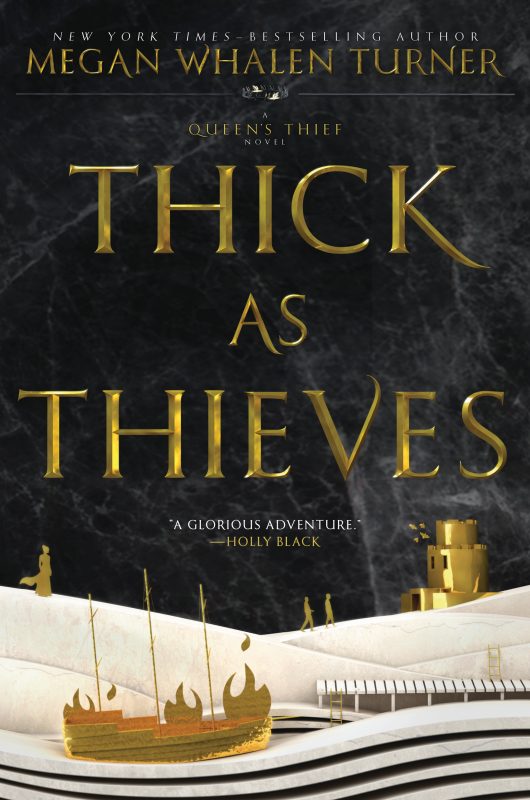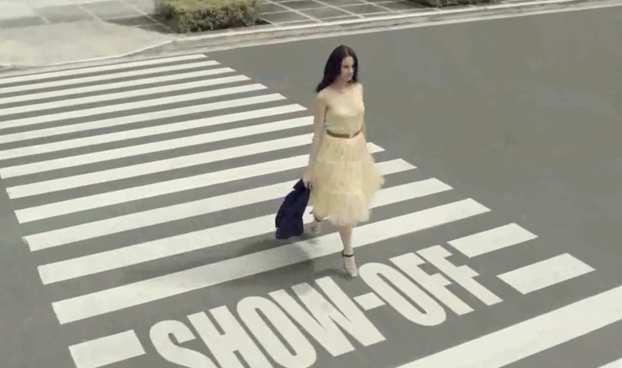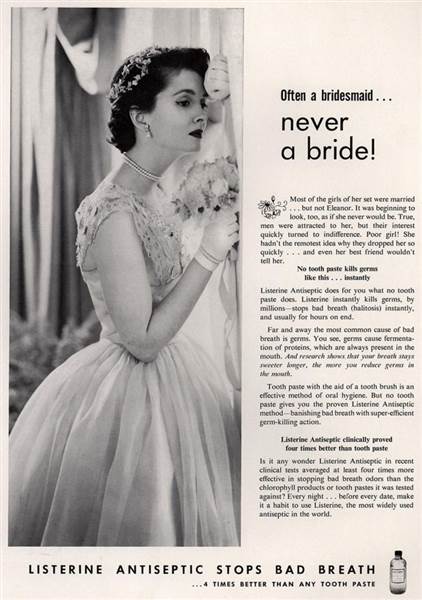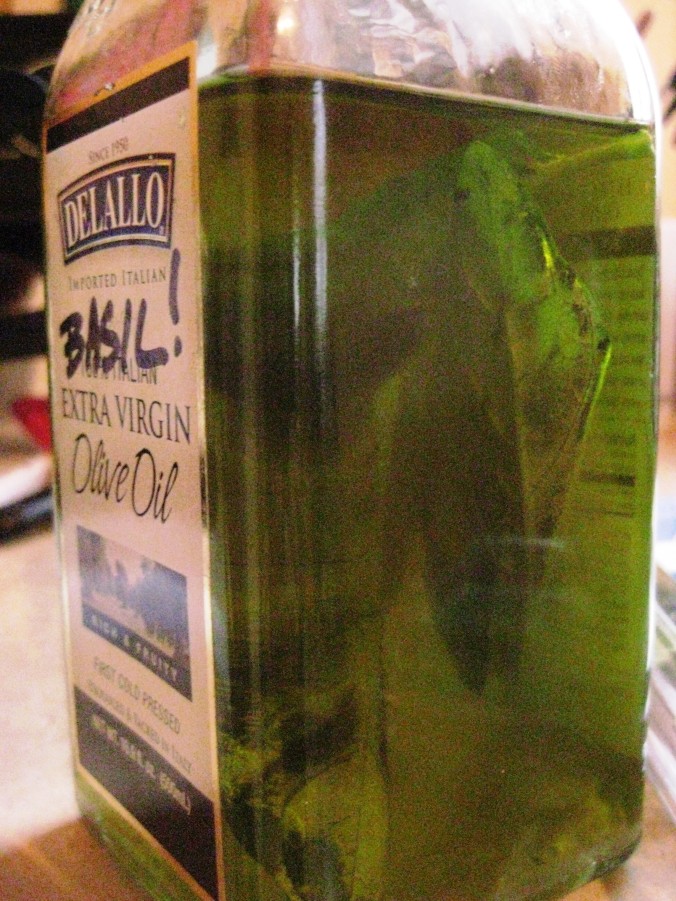Now Harry, I have been all my life alone. I have planned and executed, without counsel, and without control. I have shared thought, and feeling, and life, with myself alone. I have made a path for my feet which I know is very useful…and it seems to me, I cannot risk it by any change… I have lived alone, happily and well, and can still do it… My life has never seemed to me, a baffled one, only in hours that now and then come, when my love-life is consciously unshared. But such hours are only as the drop to the ocean.
– Lucy Stone to Henry Blackwell, 1854
The first time I used an online dating site was in high school. In one of the cruelest teenaged acts I would commit, I created a fake profile so that I could join a few of my peers in mocking a young teacher behind his back. He was 24; we were 16. We thought we were so clever, revealing the latent desperation in his swagger. We thought he was such a dweeb. We did not yet recognize the crystal ball of his profile for what it was.
It was almost a decade before I would log onto OkCupid again. I had just moved to Cleveland. I was sitting alone in the dark, absently clicking through pictures on Facebook, looking for a me that didn’t exist–perfect hair, decade-appropriate outfit, cool background. For the benefit of virtual strangers, I spun half-truths like an expert. “I’m great at being silly and tripping over air,” I typed. “I love Game of Thrones,” and, “Everything goes better with beer.” To the casual browser, I appeared charmingly vacuous. Harmless. I got a lot of messages. Most of them just said, “Hey.”

“Hey.”
Three years, two platforms, and some choice unsolicited pics later, I have finally lost my mind. It happened a few days ago, after I had a surprisingly sustained conversation with a man about his new tank top. “What color is it?” I asked. “Green,” he replied. A few minutes later, he sent me a picture, mostly of his flexed arms, with just enough of the shirt visible that vanity could be denied. “Yup,” I responded, obstinately refusing to acknowledge the elephant biceps in the room. “That’s definitely green.”
And then I threw my phone to the foot of my bed and silently screamed for ten whole minutes.

I often turn to history to help contextualize the present–“a sister’s hand may wrest a female pen”–but I had never before thought to apply such a panacea to my love life. After all, what could a Victorian lady have to say about the ennui of modern dating culture? As it turns out, I have more to learn from my historical heroes than how to weather politics. Enter: Loving Warriors: Selected Letters of Lucy Stone and Henry B. Blackwell, 1853-1893.
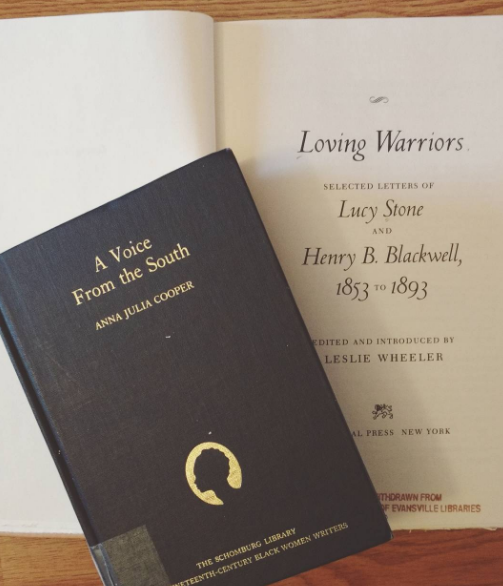
When Lucy Stone met Henry Blackwell, she was 31 and building a solid career of speaking for abolition and women’s rights. In an Antebellum twist on an unfortunately persistent trope in every woman’s life, her critics anxiously awaited the day when “a wedding kiss” would “shut up the mouth of Lucy Stone.” She had been skeptical of husbands since she was a teenager, and marriage was the last thing on her mind when she entered a hardware shop in Cincinnati, Ohio, looking for supplies.
Henry Blackwell was 24 years old at the time, a businessman like his brothers, but desperately seeking to reconcile his desire to leave a financial legacy with his reform-minded soul. He had five sisters, most famously Elizabeth Blackwell, the first woman to receive a medical degree in the U.S. He was immediately smitten with Lucy Stone, and seeing her speak a few years later in New York solidified his affection. “I decidedly prefer her to any lady I have ever met,” he wrote to his brother, “always excepting the Bloomer dress which I dont like practically, tho theoretically I believe in it with my whole soul.”
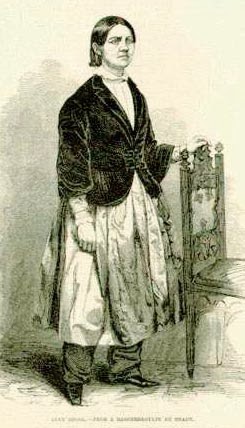
Bloomers, a radical (though much maligned) sartorial choice
He immediately started writing to her, with her consent, about every aspect of his daily life. He opened most letters with a description of his surroundings, coolly segued into a discussion of civil rights, and then closed with an apology for writing so much to such a busy person. Her responses, though less prolific, followed a similar pattern. He carried her letters with him when he traveled until they practically disintegrated in his hands. Lucy, while “generally thankful for pen & ink,” admitted that she hated them in her current separation from Henry.
Their strong personalities shine in their letters. Lucy–strong-willed and frank–kept her missives short and to the point. Very rarely do her lines stray towards poetry or romance, and her love caused her to hold him, perhaps, to a higher standard than most. “With much love,” she closed one [adoringly] chastising letter, “and the hope that, as we know that we are not perfect, we must strive to become so.”
For his part, he was so full of passion, humor, and eloquence that no amount of paper could possibly contain it all. This dearth of space did not hinder his pen. He simply turned the paper from portrait to landscape and wrote over what he had already written. It is incredibly annoying, and I am unbelievably grateful to the tortured grad student that transcribed this madness:
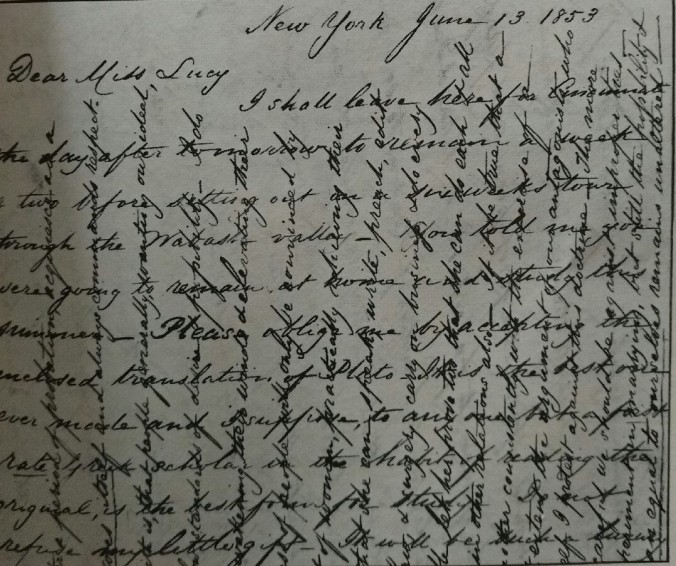
Fig. 1: A Researcher’s Hell
But I digress. Very early on, Henry Blackwell began describing to Lucy Stone his idea of marriage, in the hopes that she someday might amend her revulsion towards the practice, if not for his sake, then for her own.
My idea of the relation involves no sacrifice of individuality but its perfection–no limitation of the career of one, or both but its extension. I would not have my wife drudge…while I found nothing to do but dig ditches. I would not even consent that my wife should stay at home to rock the baby when she ought to be off addressing a meeting… Perfect equality in this relationship…I would have–but it should be the equality of Progress, of Development, not of Decay. If both parties cannot study more, think more, feel more, talk more & work more than they could alone, I will remain an old bachelor & adopt a Newfoundland dog or a terrier as an object of affection.
– Henry Blackwell to Lucy Stone, 1853
Knowing that she felt more comfortable conversing in person, he made every effort to meet her on her speaking tours. Their first “date” occurred after he discovered she would be passing through Niagara Falls to attend a women’s rights convention in Cleveland–a manageable trip from his home in Cincinnati. Eagerly, he penned her a request to meet her in Niagara and then accompany her to the convention. Her response was painfully lukewarm, but Henry still raced to Niagara and had the time of his life, even speaking publicly on women’s rights for the first time.
I…am very willing that you should be there too… I think you know me well enough to put the right construction upon my consent to meet you at Niagara. I am glad of the friendship of the good whether they be men or women… But believe me Mr. Henry Blackwell when I say, (and Heaven is my witness that I mean what I say) that, in the circumstances I have not the remotest desire of assuming any other relations than those I now sustain. I would incur my own heavy censure, if by fault of mine, you did not understand this.
– Lucy Stone to Henry Blackwell, 1853
Though we may never know what passed between them in Cleveland, the tone of their letters shifted almost immediately from friendly to intimate. She wrote very little of “Mr. Blackwell” to her mother, but she began addressing him as “Harry” in their personal correspondence. As for Henry Blackwell, one need only look to his reminiscence of the event one year later. “I was with you at Cleveland,” he wrote. “I stood with you in the dark cool night overlooking the Lake–with Charles Burleigh & Antoinette–your hand in mind & the great roar of the waves coming up & the winds sweeping over us–& Charles quoting poetry–while I was living it.”
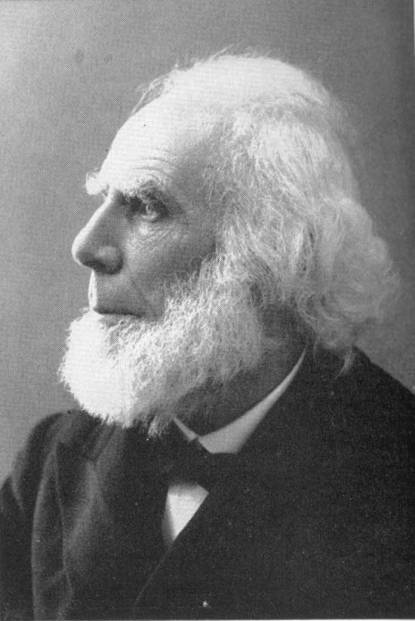
At this point, I was screaming into the book for Lucy to just accept him already because my heart couldn’t take it anymore! But, of course, she didn’t. As their attraction grew more obvious, Lucy grew more distant. She even went so far as to claim that she “instinctively recoil[ed]” from the thought of marrying him. The fear of losing the happy life she had built for herself seemed too great to overcome. It’s heartbreaking the abuse he took in pursuit of her affection, but nothing she wrote could deter him.
I know that the argument is not necessarily that you should marry me. That is again another question. You say you do not love me enough to do so. Then I say–wait until you do. But do not resolve beforehand against marrying me. See me & think of me & give me a fair chance of being loved by you. You cannot love by your simple will any more than you can see. But you can let yourself love or prevent yourself from loving just as you can open, or shut your eyes. Dear Lucy, love me if you can. I will endeavor to give you no cause ever to regret having ever done so…
– Henry Blackwell to Lucy Stone, 1854
It took two years of constant correspondence before Lucy Stone finally consented to marry Henry Blackwell. Excitedly, he wrote her asking if they might set the date his 30th birthday, but also expressed his wish to defer to her on every point in planning their upcoming nuptials. “I do not want you to fetter yourself one particle for my sake,” he wrote, fearing she might get cold feet. “I do not want you to forgo one sentiment of independence, nor one attribute of personality.” He knew what pain it brought her, even without reading the wedding invitation Lucy sent to Antoinette Brown to “help in so cruel an operation as putting Lucy Stone to death.”
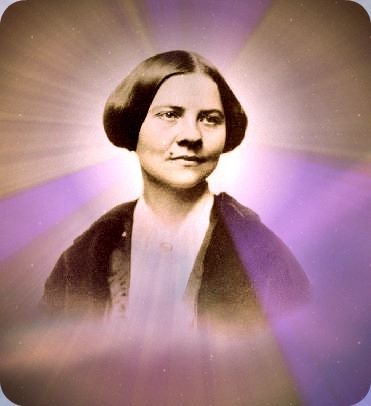
Dear Lucy–we know each other & we know that we are one. It was not for nothing that my heart leaped towards you & yearned for you when I first saw you in our store six years ago…but dear Lucy I am not at all anxious that you shd promise to love, honor & cherish me, for I know your heart. I have no preference for any particular form, or place. My home is in you–my marriage is already solemnised.
– Henry Blackwell to Lucy Stone, 1855
As for the ceremony, it was a small affair on May 1, 1855, undertaken in protest against “such of the present laws of marriage, as refuse to recognize the wife as an independent, rational being, while they confer upon the husband an injurious and unnatural superiority, investing him with legal powers which no honorable man would exercise, and which no man should possess.” Henry Blackwell married his true love; her identity remained in tact. When they retired to their room (an event she feared almost as much as the wedding itself), Henry slipped quietly into bed without waking her.
Throughout their lives, he proved true to his lofty sentiments. The first time Lucy wished to attend a conference as a married woman, she asked for his permission. He said he could not give it, and advised her to ask Lucy Stone instead. “I cannot get him to govern me!” she wrote Susan B. Anthony, happily. Together they raised one daughter, Alice, who grew to be just as strong-willed as her mother. They lived happily for almost forty years, separated only by Lucy’s death in 1893.
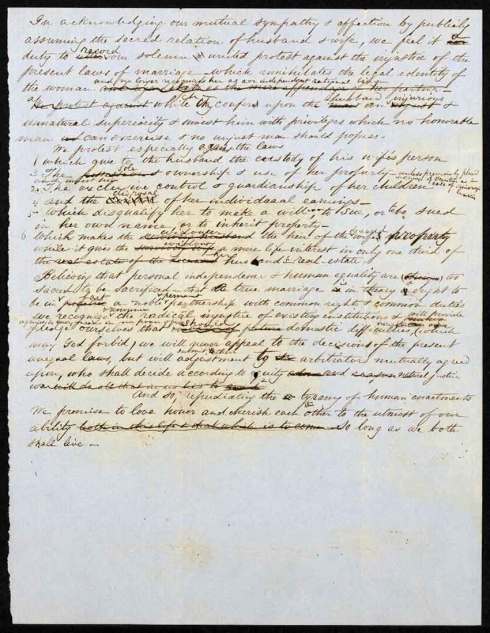
Draft of their marriage protest, 1855 (Schlesinger Library, Radcliffe Institute for Advanced Study, Harvard University)
So…what? When I look at my love life up to this point, I cannot help but feel discouraged. Yet, I have begun to find hope in darker moments. Superficiality breeds superficiality. If I’m done appealing to boys who only want a girl to ooh and ahh over their work at the gym, then I need to let my feminist flag fly. No more the meek woman who lets a man call her a communist for thinking health care is a universal right. No more the bland statue who spends more time taking selfies for boys than discussing sexism and white privilege. If a man doesn’t love me for my brain and my passion, then that man doesn’t love me at all. I’m sick of changing myself, diluting myself, for the fleeting gratification of simply anyone telling me I’m attractive.
Someday, I will meet my Henry Blackwell, my perfect person who will find themselves as enriched by my light as I am by theirs, someone who can be patient despite my reluctance, whom I will love (as Lucy did) with “the capacity of 20 women.” Until then, don’t look for me on Tinder. You won’t catch me preening over flirty chats. I’ll be in the library, nose buried in a book, reassembling my dignity.
